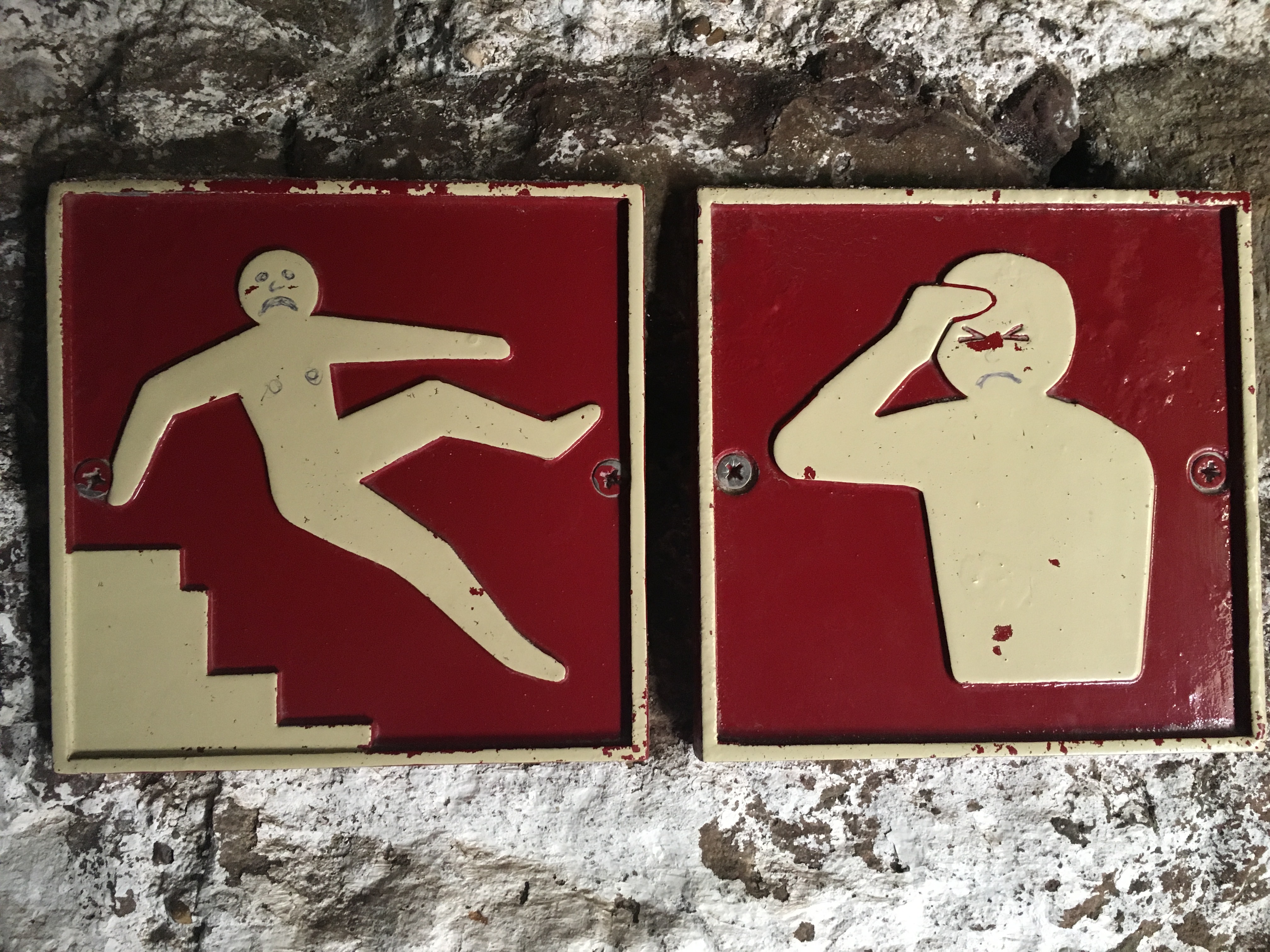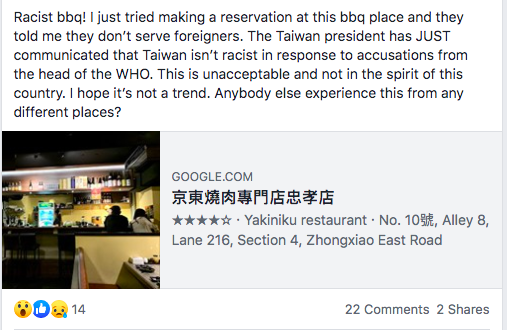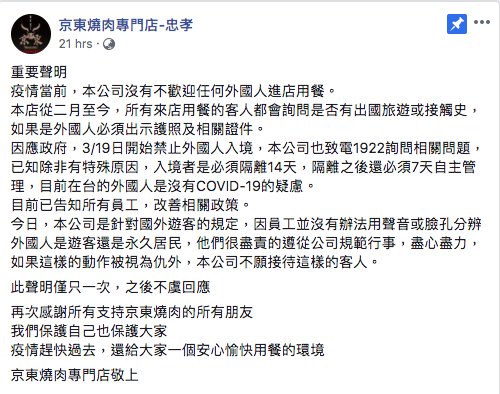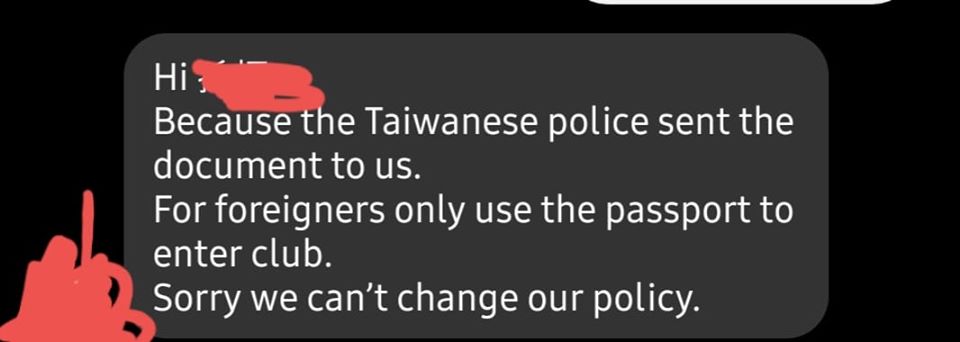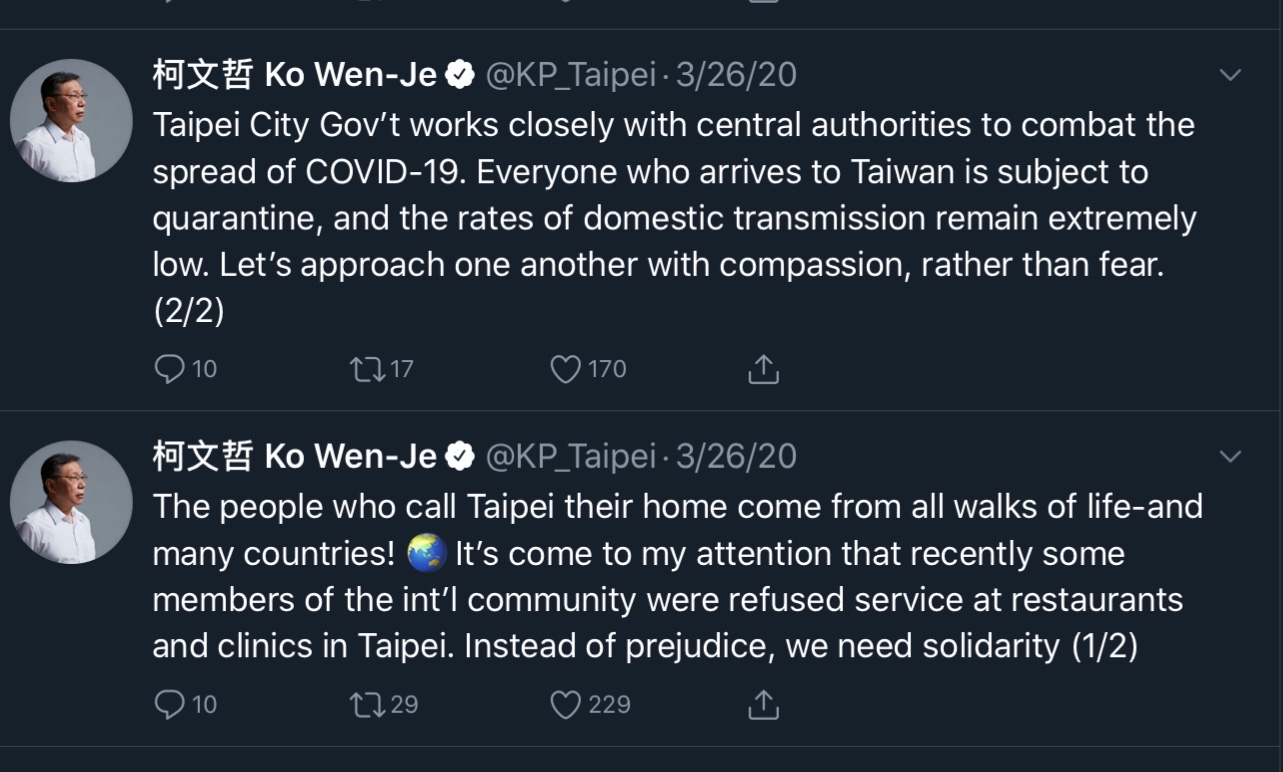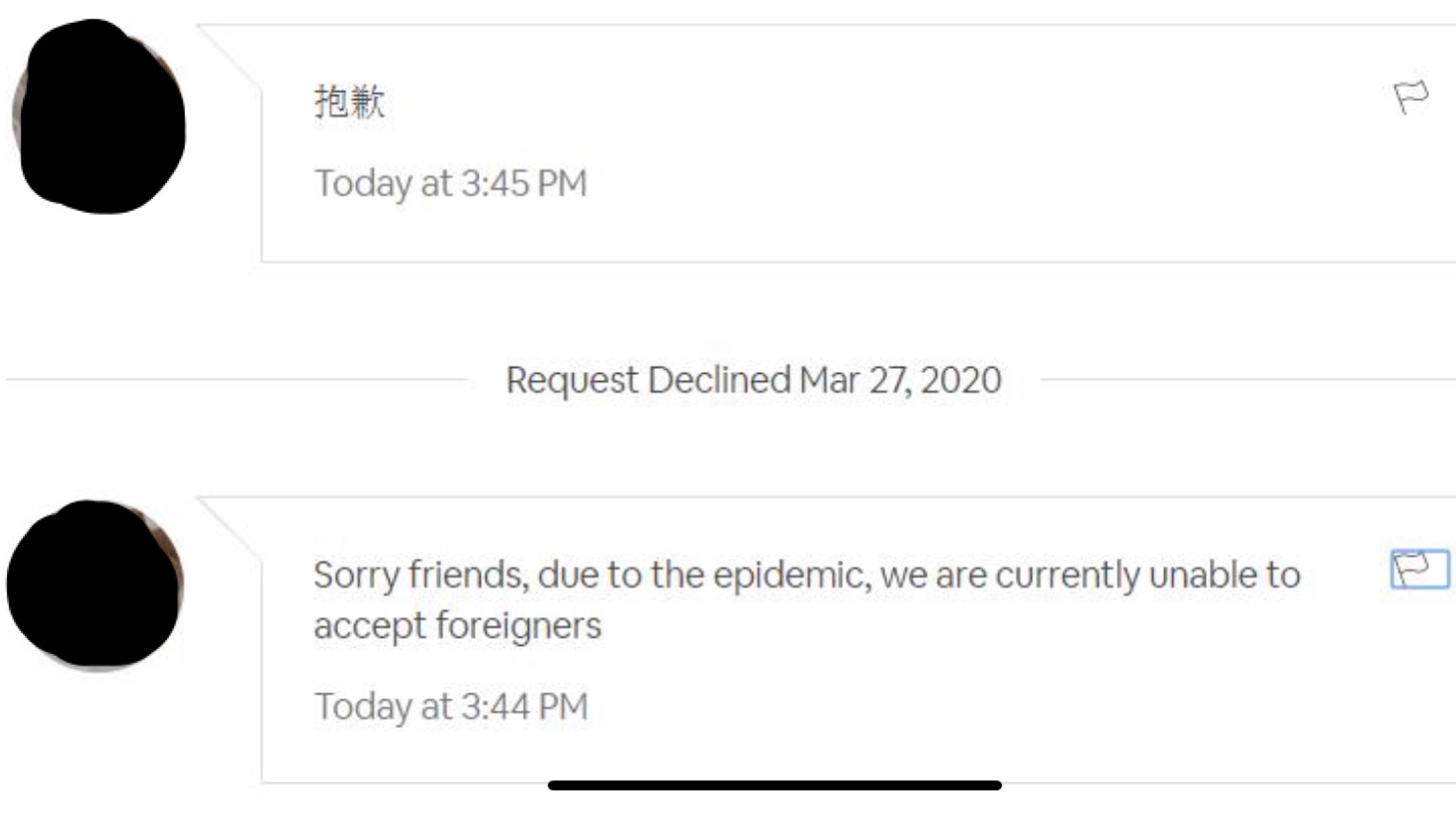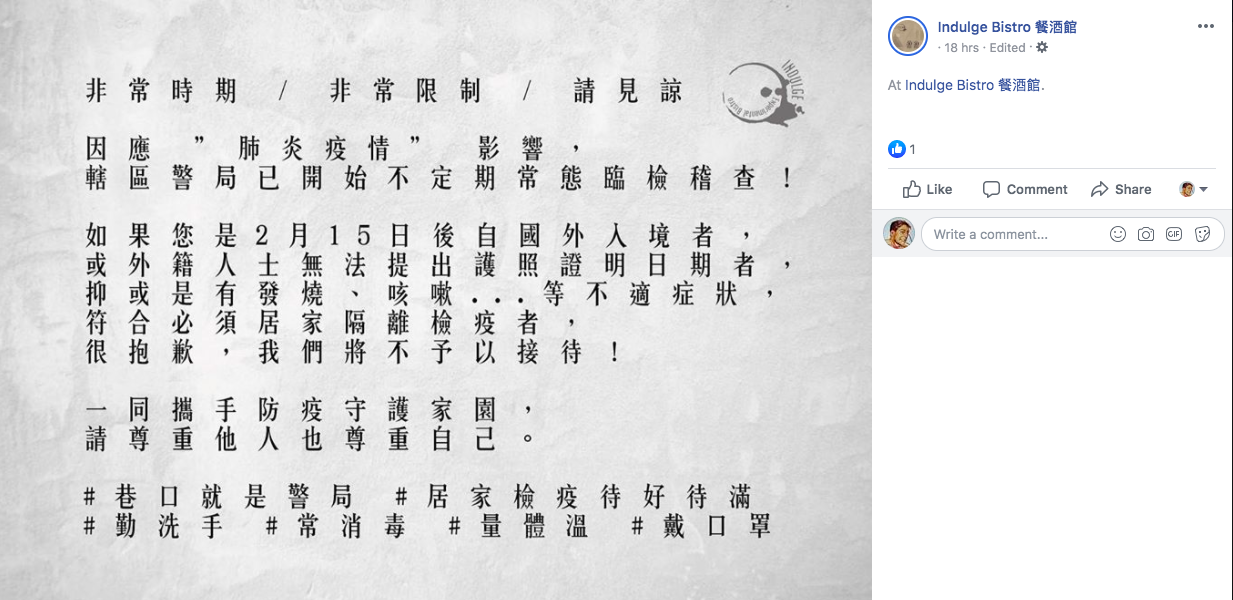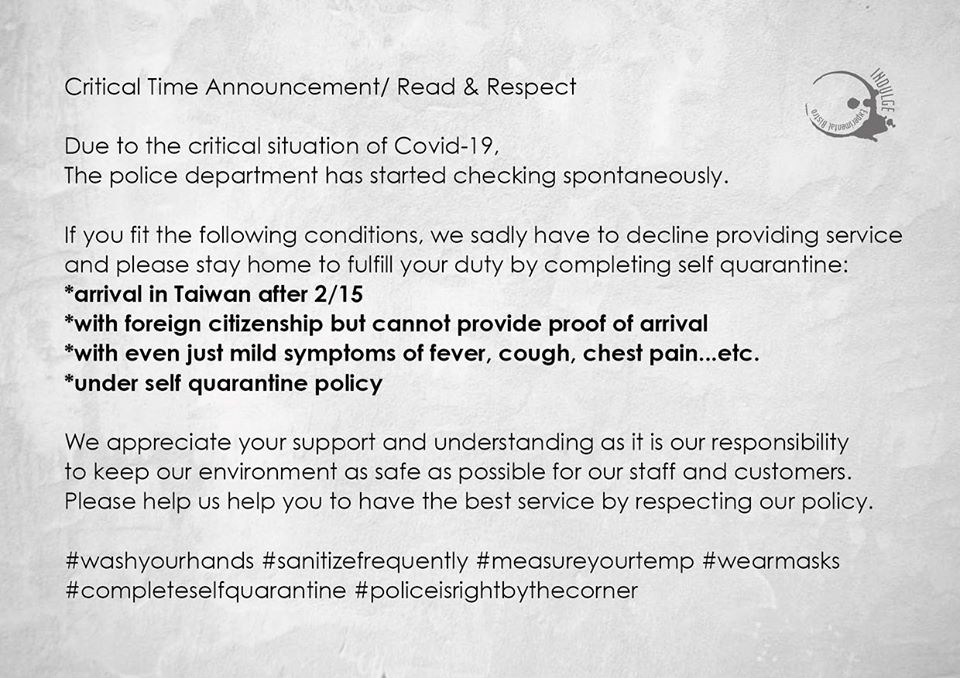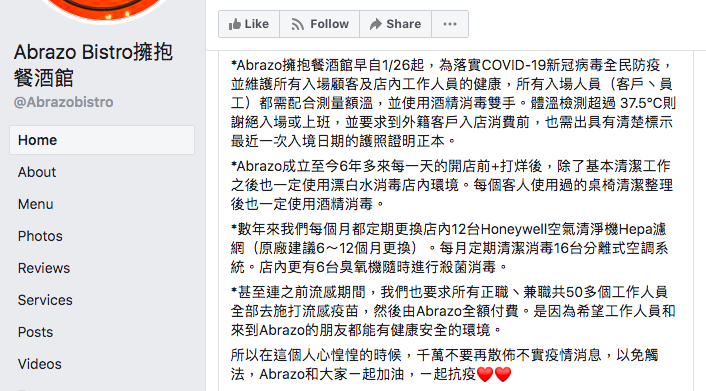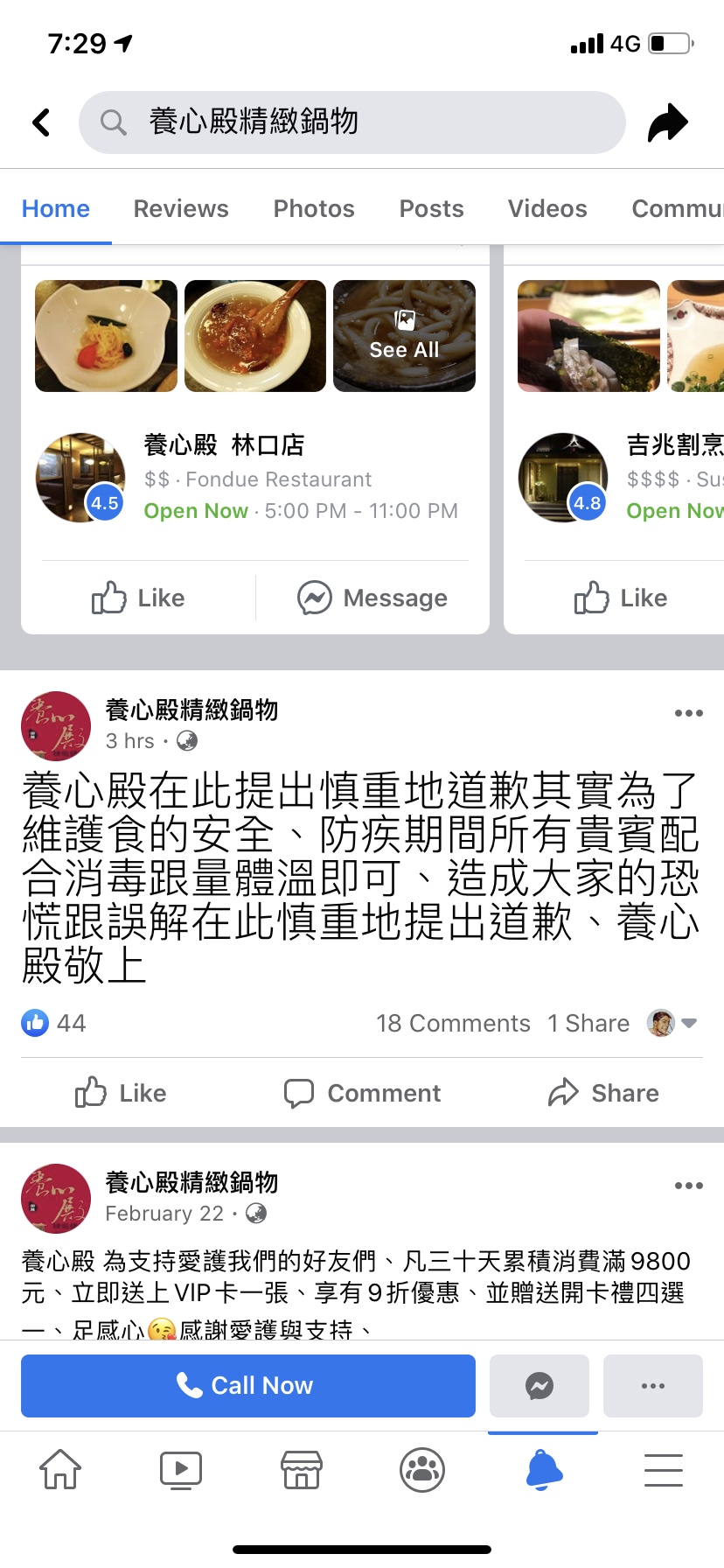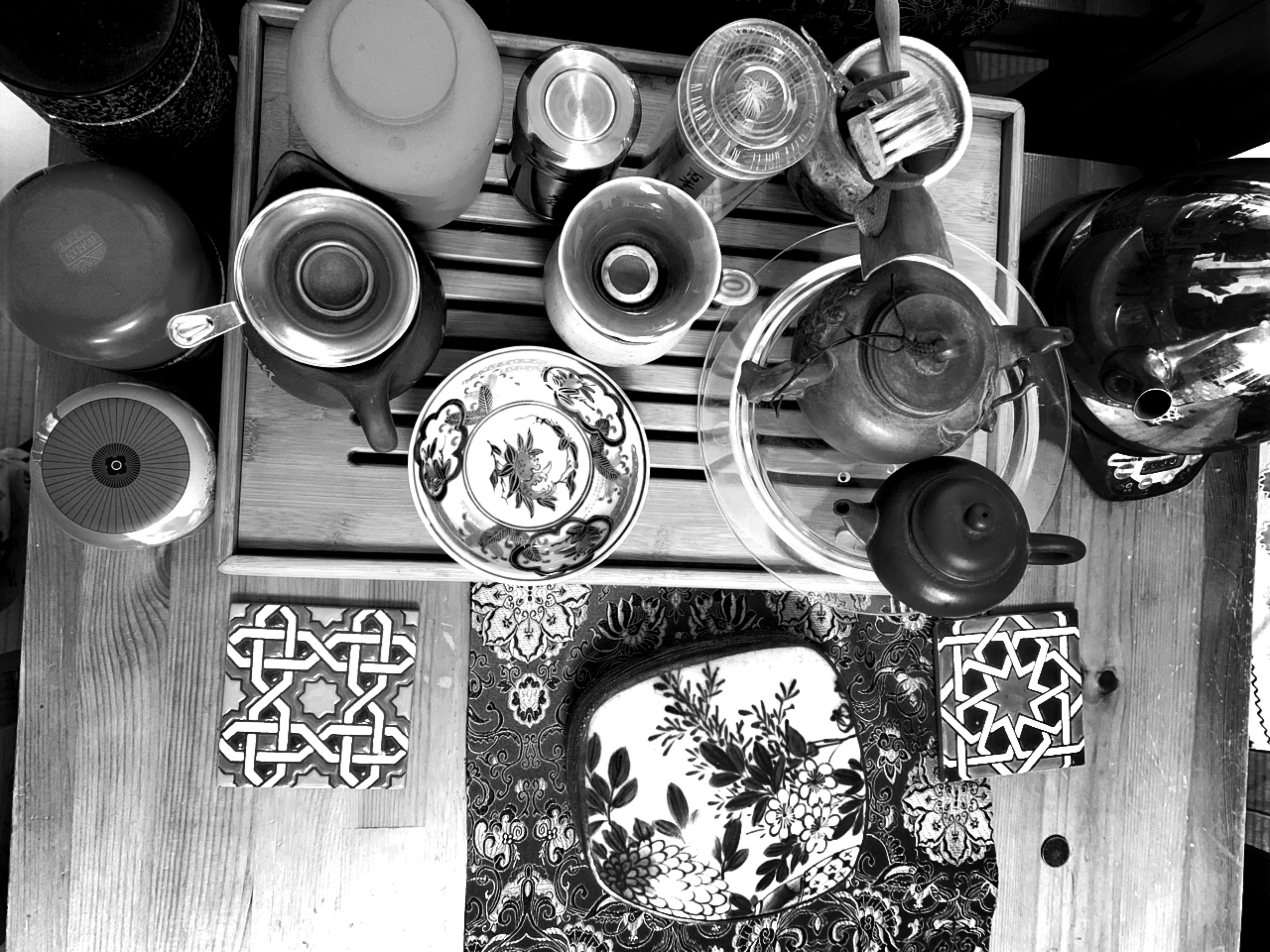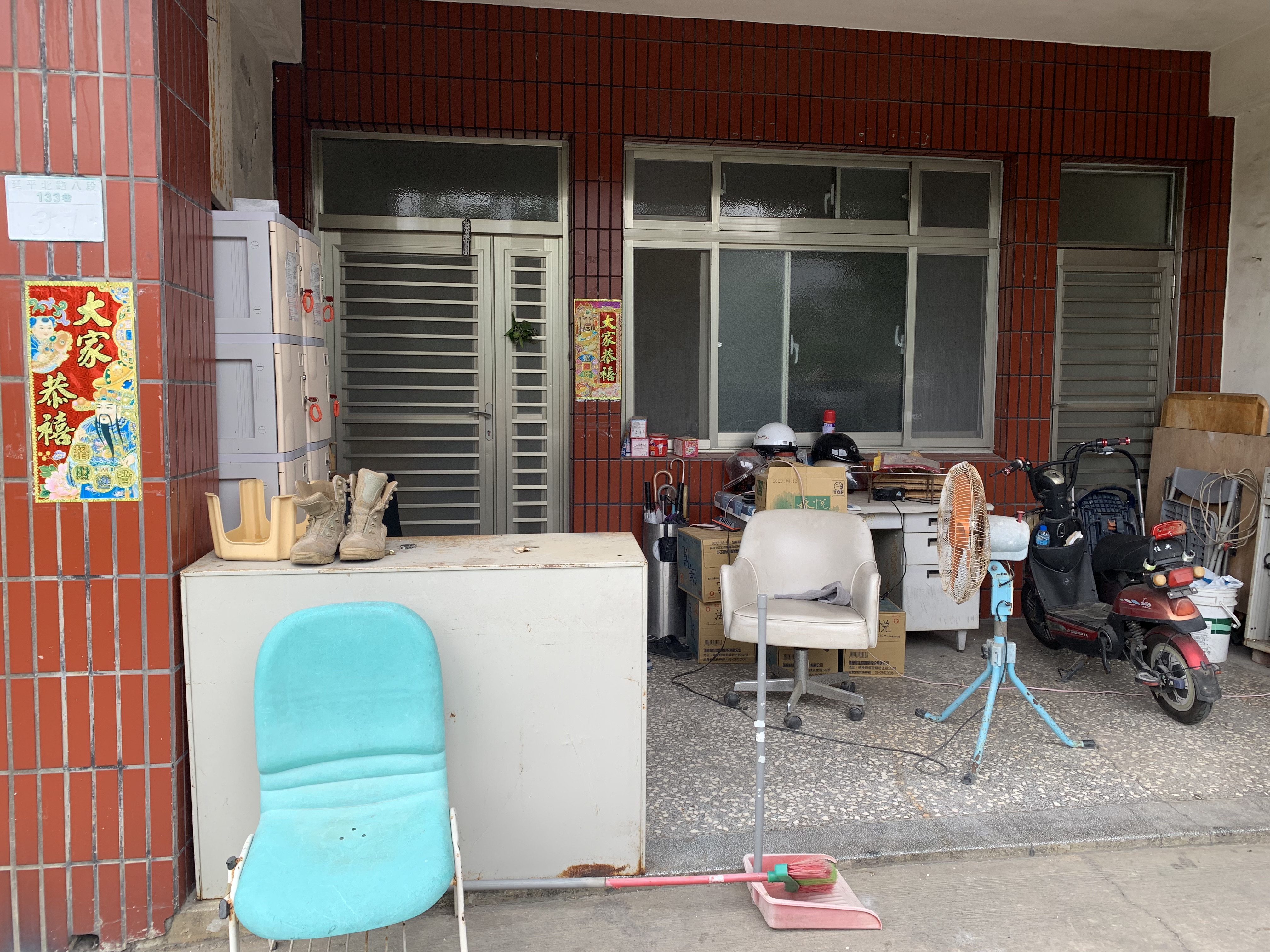
Something about this scene just makes me think of "home in Taiwan" even though my place looks nothing like this.
There have been a lot of complaints about the new quarantine regulations announced for returnees to Taiwan. Essentially, families cannot quarantine together -- one child per parent -- and home quarantine is no longer allowed. Government facilities are available for NT$2000/night (the hotel options are nicer, but more expensive). There have been reports of hotels quoting inflated rates, but that's an issue for law enforcement -- it's a scam, not government policy. The government facilities are plain, but livable.
A lot of people are unhappy about this, especially those with children who were planning to travel this summer.
The thing is, family quarantine hasn't been much of an option for awhile -- "one person per residence" has been the rule for months, although there were exceptions if you had your own rooms with bathrooms (how many families have one bathroom for every member?) and minors.
I understand the frustration: I haven't seen my 95-year-old Grandma since 2018. I was always aiming for the holidays, but any chance of an earlier visit is now shattered. Not all travel is a choice: emergencies happen. And, of course, some people had already left to travel thinking that they could quarantine at home upon their return. This does make their lives more difficult, and I sympathize. It's tough, and we're all stressed.
That said, most travel is a choice. I miss the country of my birth too -- well, some of the food and people in it anyway. But ultimately most travel plans are optional, and can be canceled. The convenience of people who chose to travel does not trump the good of the country.
The people who created these new rules are medical specialists with more expertise in how to contain something as scarily transmissible as the Delta variant. It's an inconvenience and a cost burden to quarantine away from home, but do people really believe they are better qualified to decide if home quarantine is safe in light of the Delta variant's spread than actual epidemiologists?
I'm also a bit distraught that people are buying into the idea that Taiwan was late to acquire vaccines. As far as I'm aware, negotiations started as early as possible: the "lateness" was more due to what companies like Moderna and AZ could provide and when, which was influenced by a global vaccine shortage. And, of course, we all know how China created the BioNTech drama.
They -- mostly foreign residents, from my observation -- are upset that life in Taiwan is not as normal as it has been for the past 16 months, and are turning on the government that gave them those months of normalcy because things have changed.
I do not care for this: when I feel the Taiwanese government is being unfair to foreign residents -- be they blue-collar workers or well-off expatriates -- I'll speak up. But I just don't think that's true here: the good of the country takes precedence over our own convenience. The government is not perfect, but they are not being unfair.
Perhaps the government facilities should be free for all, but then again, why should they be? Most travel is a choice.
A reimbursement program for true emergencies would be a kindness, but there is no reason why the government should pay for quarantine after travel one chose to do. Offering rooms with facilities for very young children would be smart; some kids need cribs, and not all families can afford the pricier hotel options. However, it would be reasonable to suggest this without writing entire "complaint" letters.
In other words, the Delta variant does not care if you would prefer to quarantine together, or at home.
Although I am still distraught that the central government did not do enough to stop the racist treatment of foreign blue-collar workers, I think overall they've been working diligently since the beginning of 2020 to keep Taiwan as safe as possible.
As a result, I feel safer here than I would in the US (yes, still), and I notice that Taiwan is still continuing strict measures despite having fewer per capita cases than countries which are opening up (and probably shouldn't be). Yes, there was an outbreak because some people didn't follow the rules, but Taiwan contained it faster than just about any other country could.
So rather than complain to the CDC, I wanted to thank them, while reminding them that blue-collar foreign workers still need to have their human rights protected more decisively.
Of course everyone is free to voice their own opinion, and if you're one of the unhappy people, my "thank you" letter doesn't take away from your ability to write a complaint. I don't agree -- in fact I think it has the potential to cast the foreign community in a bad light as most of us are comparatively well-off, or at least have the resources to consider traveling at all. But it's still everyone's right to write whatever they want. I, personally, chose a "thanks". I can only hope others will do so, as well.
Or, if you do have a suggestion, to write them a thank you for all those months of keeping you safe, and then add it in: better children's facilities. Emergency travel payment exemptions. Whatever you want. But complaining? I do not encourage that.
This is the letter I wrote. You can write your own here.
Hi,
First, I just wanted to thank the CDC for working hard to keep Taiwan safe. I know you are getting a lot of complaints right now, but I understand what you're doing and why it's necessary and I am grateful that the outbreak is being contained in Taiwan due to your hard work. I feel safer in Taiwan than I would in the country of my birth thanks to Taiwan's excellent response, even though times are hard now.
However, I do want to suggest that the central government should do more to stop the racism against Southeast Asian blue-collar workers. I've heard that Miaoli County hasn't actually stopped the restrictions, just relaxed them to let workers out for 45 minutes a day, and some companies are still locking them up like slaves or animals. It's not right. Since the CDC was able to revoke other local orders when they didn't comply with CDC regulations, I think you could do more to stop this. It is wrong and blatantly racist, and it really looks bad for Taiwan's human rights record. Clearly, you have the ability to stop it, so you should.
In fact, foreign blue-collar workers should be prioritized for vaccines, as their living and working conditions create danger of an outbreak, and they do mix with Taiwanese as well. I know this is politically difficult to do (probably a lot of Taiwanese would complain about them getting priority), but it's the right thing to do. At the very least, the blatant racism has got to be stopped. If local governments won't do it, the central government should take a stronger stand.
Thanks again for your hard work and for managing the pandemic well for over a year. Taiwan did a lot better than most other countries due to your efforts and they have not gone unnoticed.
I hope others will follow my lead and put the good of the country first. If this is our home -- not a playground where we get all our desires met -- we should act like it.



